
Diana Weber
Lawyer of international law
Rating:
8
November
Immigration to Estonia for Permanent Residence
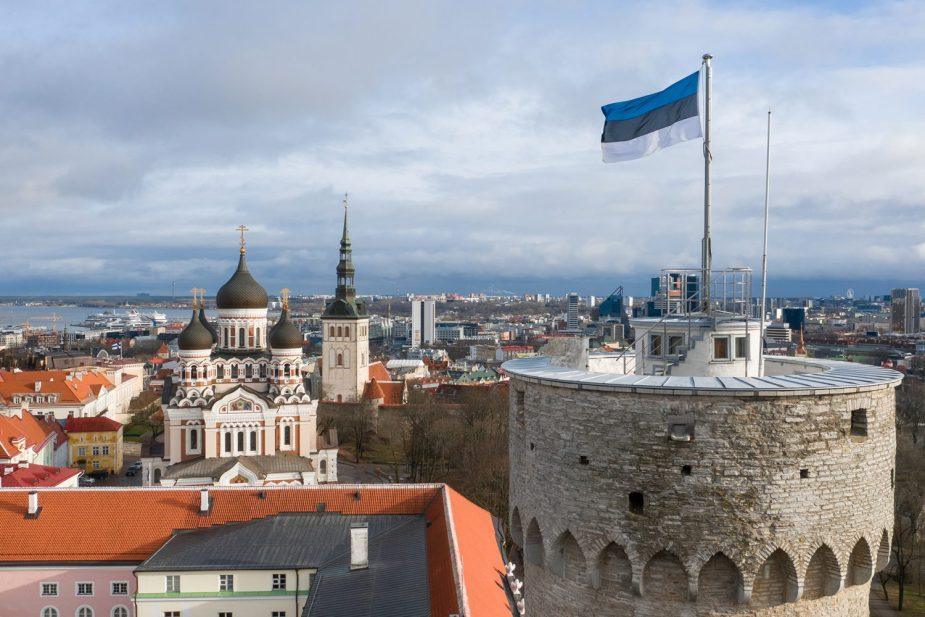
You can obtain permanent residence in Estonia after five years of residence in the country with an immigration type residence permit. Permanent residency actually equates you in rights with the citizens of the state with rare exceptions such as voting rights or work in government agencies. The Republic of Estonia is a member of the European Union, so with a permanent residence permit you get visa and economic freedom within the association. Permanent resident status is granted to those who pass the integration test and have a stable legal income.
Moving to Estonia is a chance to stay permanently in a country that ranks 16th among all world countries in Numbeo's quality of life index. The Republic is characterized by stable economic growth, an excellent ratio of income and expenditures of the population, regular salary increases, and a favorable business environment. Serious crimes are rare here, the society leads a calm and measured way of life, the infrastructure is well equipped even in small towns, and medicine and education are characterized by high indicators.
In 2026 you can apply for Estonian permanent residence permit for the following reasons:
Like any other Estonian resident, a permanent resident is obliged to adhere to the legal regulations and not to perform any actions that may contradict the norms of national security and public order.
It is also possible to obtain all the rights and preferences of an Estonian citizen with a passport of another EU country, issued according to a simplified procedure. Immigrantinlaw lawyers can provide more information during a free consultation.
To emigrate from your home country to Estonia, you will first need to obtain a temporary residence permit on one of the legal grounds. Please note that not all types of residence permits give you the right to become a permanent resident. For example, a permanent residence cannot be issued with a residence permit obtained for study purposes. Popular immigration grounds include:
The main condition for obtaining Estonian permanent residence permit is prior inhabitancy in the country for five years.
This time must be spent here legally as a temporary resident. You can go abroad for no more than 6 consecutive months, or up to 10 months during the entire five-year period of residence. Exception - special circumstances such as medical treatment abroad or internship. An educational residence permit can be counted halfway towards the required period of stay, provided that you have stayed in the country for another legitimate reason, such as finding a job.
Also, a permanent resident of Estonia must:
To successfully move to Estonia, you need to do the following:
Submit an application form and we'll get back to you!
To obtain an Estonian permanent resident card, you prepare the following:
You do not need to submit information about health insurance or your income - the Estonian Police Board will request it on its own. The application must be submitted in person and appointments can only be made by online appointment. The authorities reserve the right to request additional data or documents, for example, if you receive a salary from abroad. You will also be fingerprinted when you submit your request, provided that you have not done so for 6 years preceding the date of your visit.
The application for permanent resident status in Estonia is processed within two months. If your application is approved, it will take up to 30 days to produce your residence card. Please note that you will also need time to prepare your dossier, take photos, translate passport pages into Estonian and have them notarized. The residence permit card will only be issued in person at the place of application.
The Estonian permanent residence permit is valid indefinitely. However, the permanent residence permit may be revoked if it turns out that you:
You can obtain Estonian citizenship after 8 years of total residence in the country with residence permit and permanent residence cards. Of these, you must be a permanent resident for at least six months. You will have to give up your passport in your home country, pass an integration and language test, take an oath, prove a legal and stable income, and have a place of registration on the territory of the republic.
The official language of the republic is Estonian, but many residents of the country are also fluent in Russian, especially the older generation who grew up during the Soviet Union. English is rarely used for communication: it is mainly relevant as a corporate language in international companies.
Social security in Estonia is at a high level. Depending on your status, you can count on “children's” money, allowance for pensioners, subsidies for rent and utilities, basic subsistence allowance for families with insufficient income. The calculation of payments depends on the minimum subsistence level of 200 EUR for an adult and 240 EUR for a child.
The minimum wage in Estonia is 820 EUR in 2024, the average wage is 2000 EUR per month. Qualified personnel earn from 4000-5000 EUR in demanded fields such as IT sector or engineering. At the same time, the approximate expenses per person in the country are about 850 EUR per person per month without taking into account renting an apartment.
Earlier, kindergartens and schools in the republic offered bilingual education - in Russian and Estonian, but now they teach only in the state language. Exceptions are private institutions, including those with English-speaking teachers. Education is free for all, including residents, and schooling is also compulsory. Finding a place in school is not a problem even in large cities.
There are no special conditions of immigration to Estonia for pensioners. You can only count on local payments for length of service if you have accumulated it while working directly in the country. You can also receive social benefits if your income in your home country does not cover the local subsistence minimum.
More loyal conditions of citizenship registration are provided in other EU countries, for example, in Romania, Slovenia and Bulgaria. Here you can get a passport without renouncing the document in your home country, learning the basics of culture and history of the country, preliminary opening of residence permit and demonstrating the level of income. At the same time, citizenship of any of the EU countries equates you in rights with a citizen of Estonia, including the ability to move to the republic for permanent residence.
Submit an application form and we'll get back to you!
In order to move to Estonia permanently, you need to pay state fees for migration documents, pay for the services of a notary, interpreter, and lawyers. You will also need to rent or purchase housing in the country, if necessary - to transport your stuff, get to the destination point, prepare a “safety net” for the period of adaptation. Approximate costs that may be relevant are shown in the table below.
| Category of expenses | Cost, € |
| Translation of documents | 10–15 per page |
| Requesting a residence permit | 31–190 (depends on the grounds) |
| Obtaining a residence permit abroad | 20 |
| Renewal of temporary residence | At the price of initial registration |
| Opening of permanent residence card | 64 |
| Notarization of dossier | 10–15 (per page) |
| Rent of one-bedroom apartment | 400–800 (per month) |
| Minimum monthly allowance | 850 (per person) |
| Sending stuff by post | On avarage 10–15 per kg |
| Plane tickets (within Europe) | 50–100 (without a luggage) |
The advantage of moving to Estonia for permanent residence is the opportunity to live in a country with a decent standard of living, which, according to Numbeo, is rated 185 points out of a possible 200. The high score is explained by the well-developed medical system with partial coverage of services at the expense of the state, low level of corruption and crime, fair European judicial system, high-quality and well-structured education system.
Even with a minimum wage, it is possible to cover the main categories of living expenses in Estonia, such as groceries, utilities and transportation. The country's membership in the EU allows the development of business internationally in a simplified manner, including trade in Europe without customs duties. Since the population often speaks three languages at once (Estonian, Russian, English), it is easy for immigrants from different countries to adapt here.
There are few disadvantages of permanent residence in Estonia. The main one is a complicated registration of residence permit, which is issued within the framework of annual quotas and is strictly limited. A permanent resident will have to learn the Estonian language, which is difficult to master and has a peculiar structure. Those wishing to apply for citizenship must give up their passport in their home country, which is not suitable for everyone.
For a successful and easy move, it is worth enlisting the support of Immigrantinlaw's migration specialists. Qualified lawyers will recommend the best ways to obtain citizenship or permanent residence in the European Union.
According to the reviews of people who have moved to Estonia for permanent residence, the most difficult task is to obtain resident status. There are few legal grounds for immigration in the republic, and among the usual requirements for foreigners is financial security. However, the efforts are worth it: in general, living in the country is very comfortable, people are friendly and welcoming, and there are no cases of discrimination against immigrants.
Foreigners believe that it is worth moving to Estonia if you are not afraid of peculiar climatic conditions - long and cold winters, short daylight hours. It is worth studying Estonian in advance at least to A2 level, especially if you plan to get a prestigious job upon arrival. It is also not superfluous to find accommodation beforehand, especially in a large city: there is a high demand for rental real estate here.
Among the cities where it is better to move to in Estonia, immigrants usually name Tallinn - the capital of the republic, as well as Narva and Tartu. In Tallinn is concentrated the bulk of the population: about half a million people, including large foreign diasporas. The capital has the most developed infrastructure and employment prospects. Smaller cities will be comfortable for those who are used to a leisurely and quiet lifestyle.
In 2025, Estonia adopted key amendments to the Aliens Act that will affect the rules for obtaining and renewing residence permits, as well as prepare for a reform of long-term residence (Permanent Residence / TRP for Settling Permanently). These changes take effect in 2026, but it is already important to consider them for planning.
In 2025, Estonia laid the groundwork for a system-wide migration overhaul: from 2026 onward, employers must prove six months of real economic activity, PR applicants will need an adaptation course and A2-level Estonian, fees have increased, and procedures are moving online. Anyone planning long-term residence should start adapting their application strategy now.
To move to Estonia in the usual way, you need to look for a legal basis for a residence permit, keep it for five years, and fulfill a number of complicated requirements to obtain permanent residency status. There are easier ways to immigrate, and the most popular of them is to apply for an EU passport. With citizenship of any of the EU countries you can live in Estonia without time restrictions, work, study, do business, reunite with your spouse and children. With the assistance of specialized lawyers, it will take you from 4 to 14 months to obtain a second passport.
International law specialists of Immigrantinlaw help you to choose the optimal program for obtaining citizenship in the European Union, taking into account your wishes and peculiarities of the dossier. Immigration lawyers provide turnkey services and accompany you at every stage of the procedure until a successful outcome. Specialists are responsible for most tasks, from preparing the correct dossier to helping you obtain a new passport in the EU. To start the second citizenship procedure as soon as possible, make an appointment for a free legal consultation.
Get more information about the peculiarities of immigration to the EU at a free consultation
Permanent Residence in the Netherlands: How to Move and Start a New Life
28 March
Permanent residence in the Netherlands is a status that gives the right to stay in the country indefinitely and to...
Immigration to Italy for Permanent Residence
15 November
Permanent residence status in Italy is granted to those who have lived in the country for five years or more...
How to Get Citizenship of Spain
16 August
Spanish citizenship (Nacionalidad española) is granted by blood right, option (choice), naturalization in regular or accelerated order. Most often, foreigners...
Obtaining EU Residence Permit for Foreigners
3 December
Temporary residence in the EU is the presence of a permit for temporary residence in any of the union states....
How to Get Danish Citizenship and Passport in 2026: A Complete Guide
21 February
Denmark is a developed Scandinavian country with a high standard of living, a stable economy, and one of the world's...
Obtaining a Residence Permit in Luxembourg: A Guide for Immigrants
24 February
Luxembourg residence permit is a temporary residence card, with which you can stay in the country for longer than three...
Discover
new opportunities
with a European Union passport!
Submit the application form and we will call you back!
Leave a request
Contacts
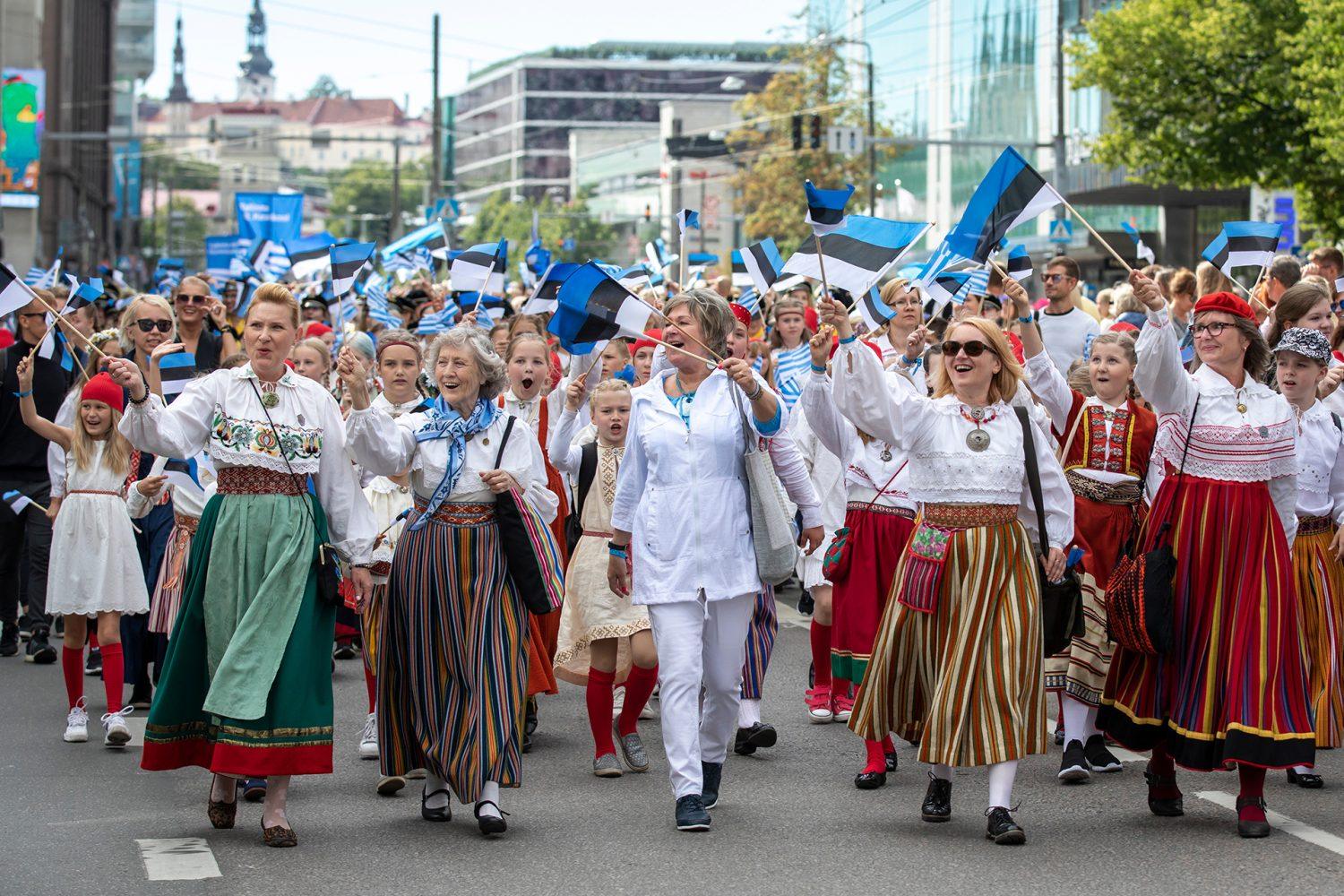



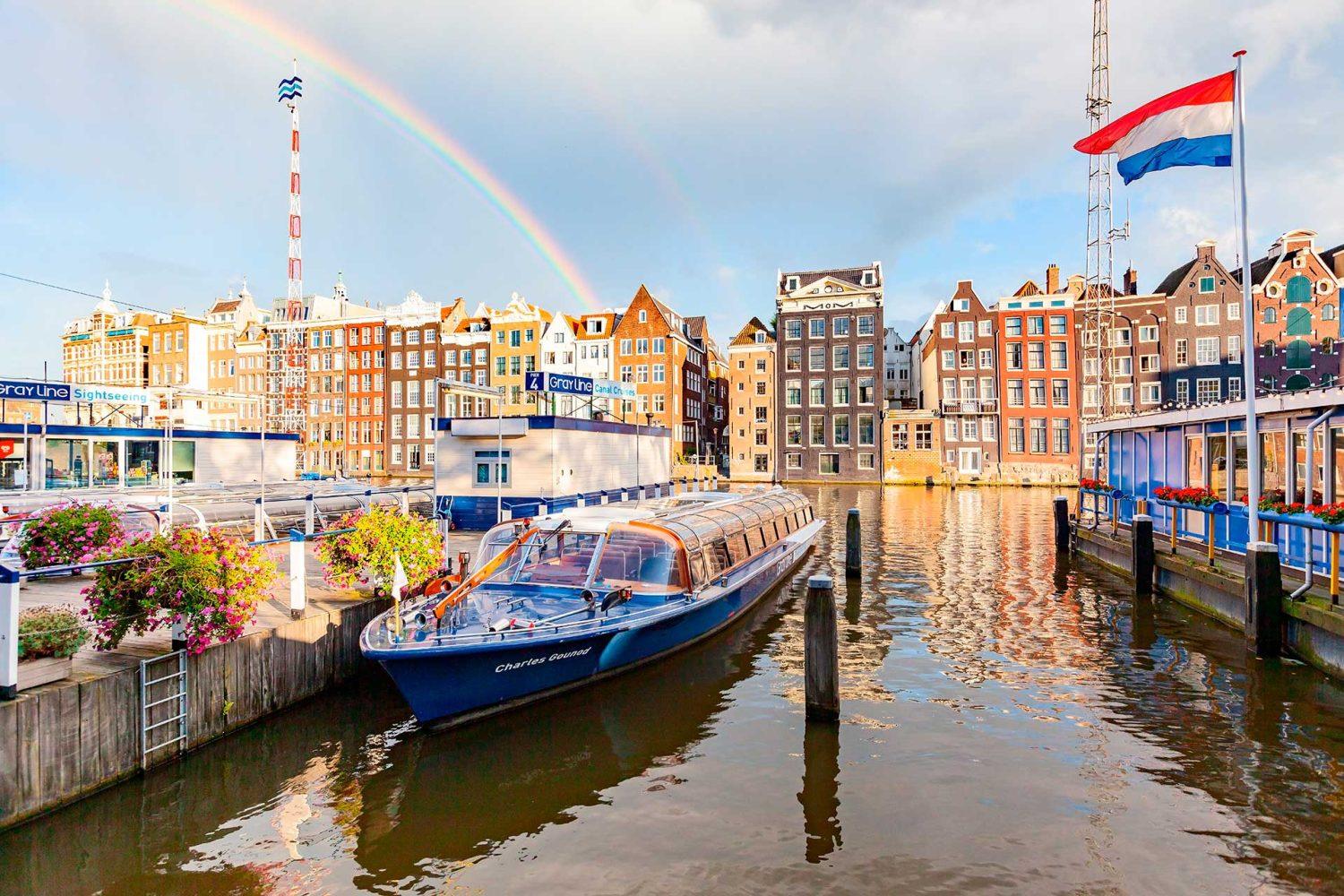

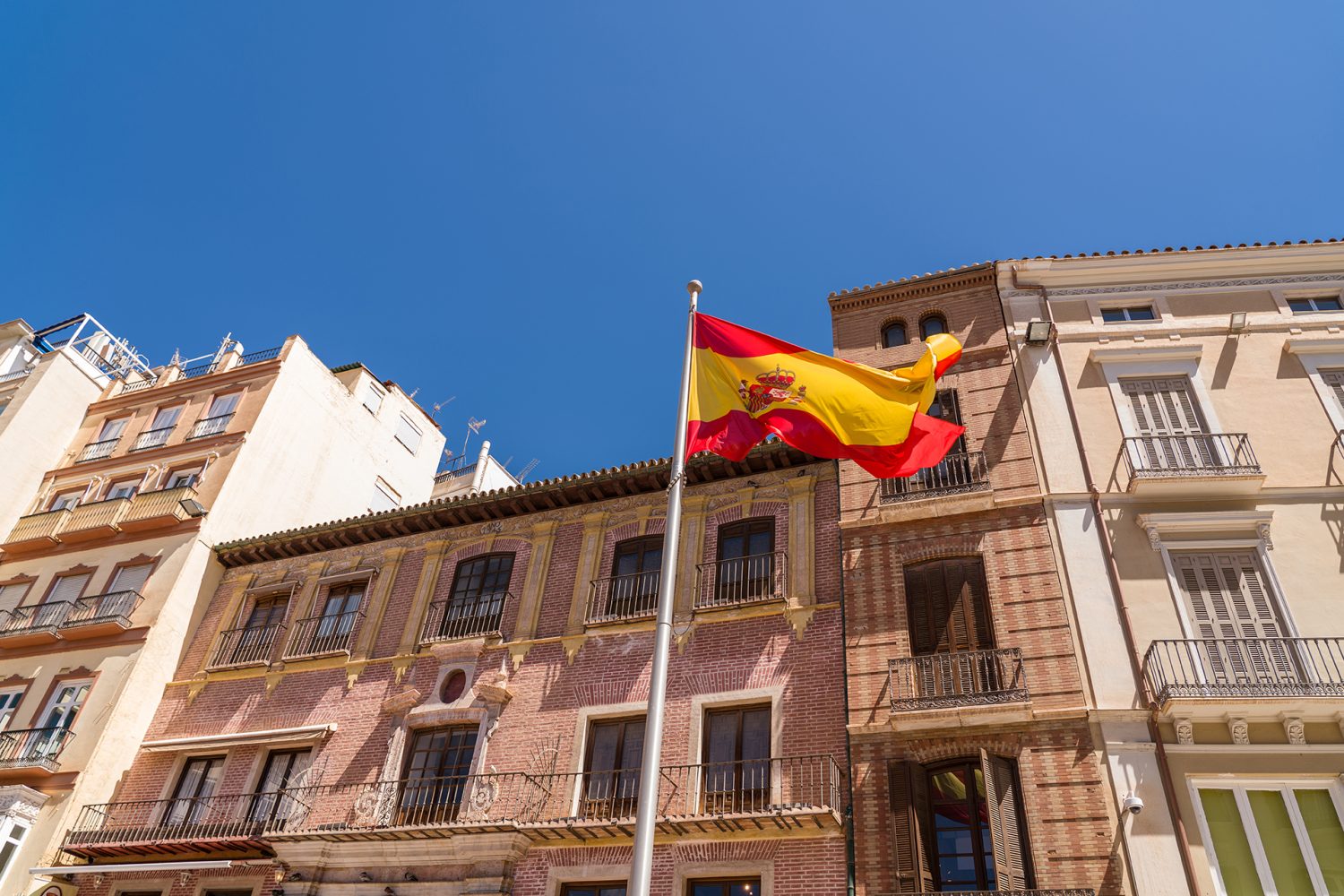

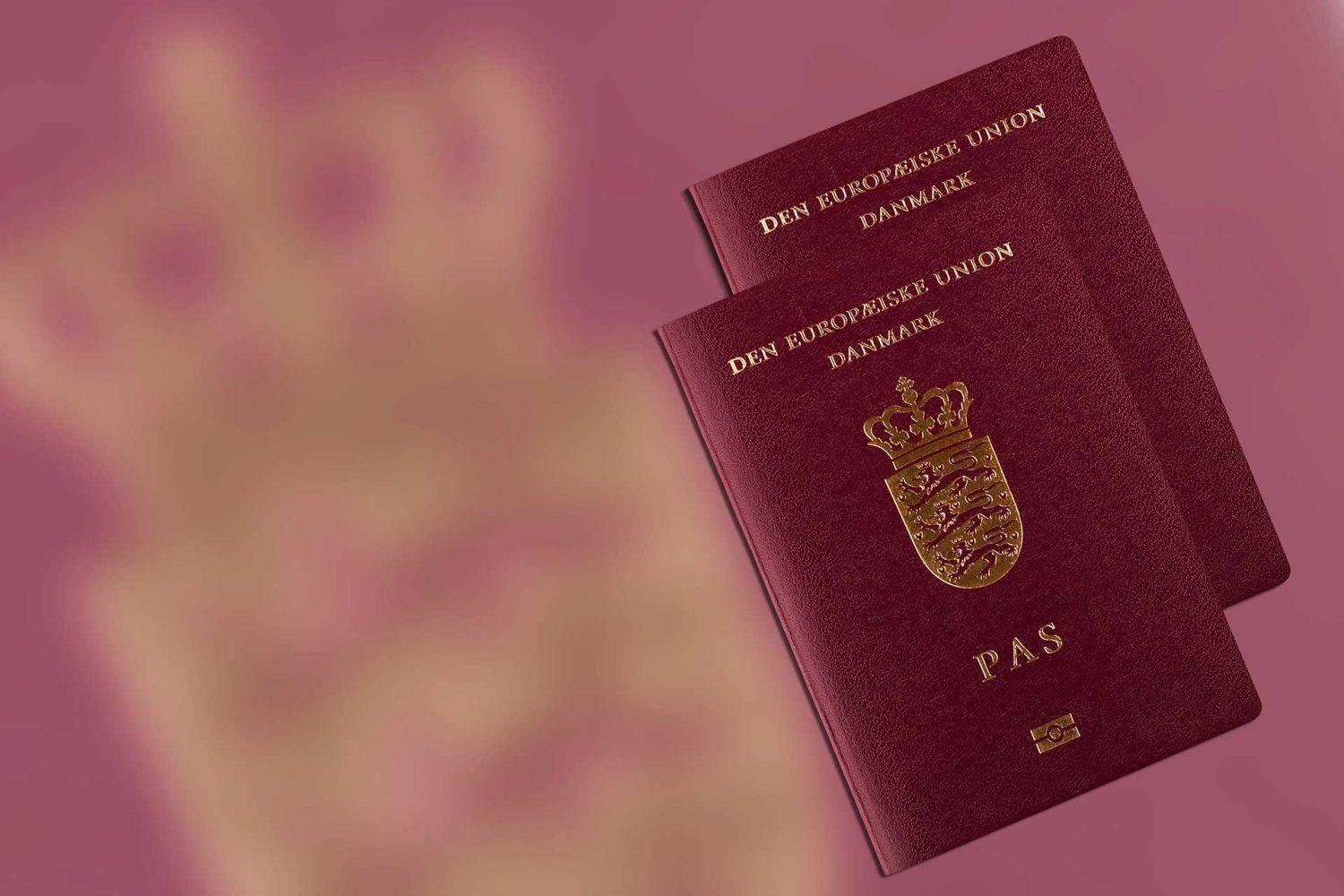
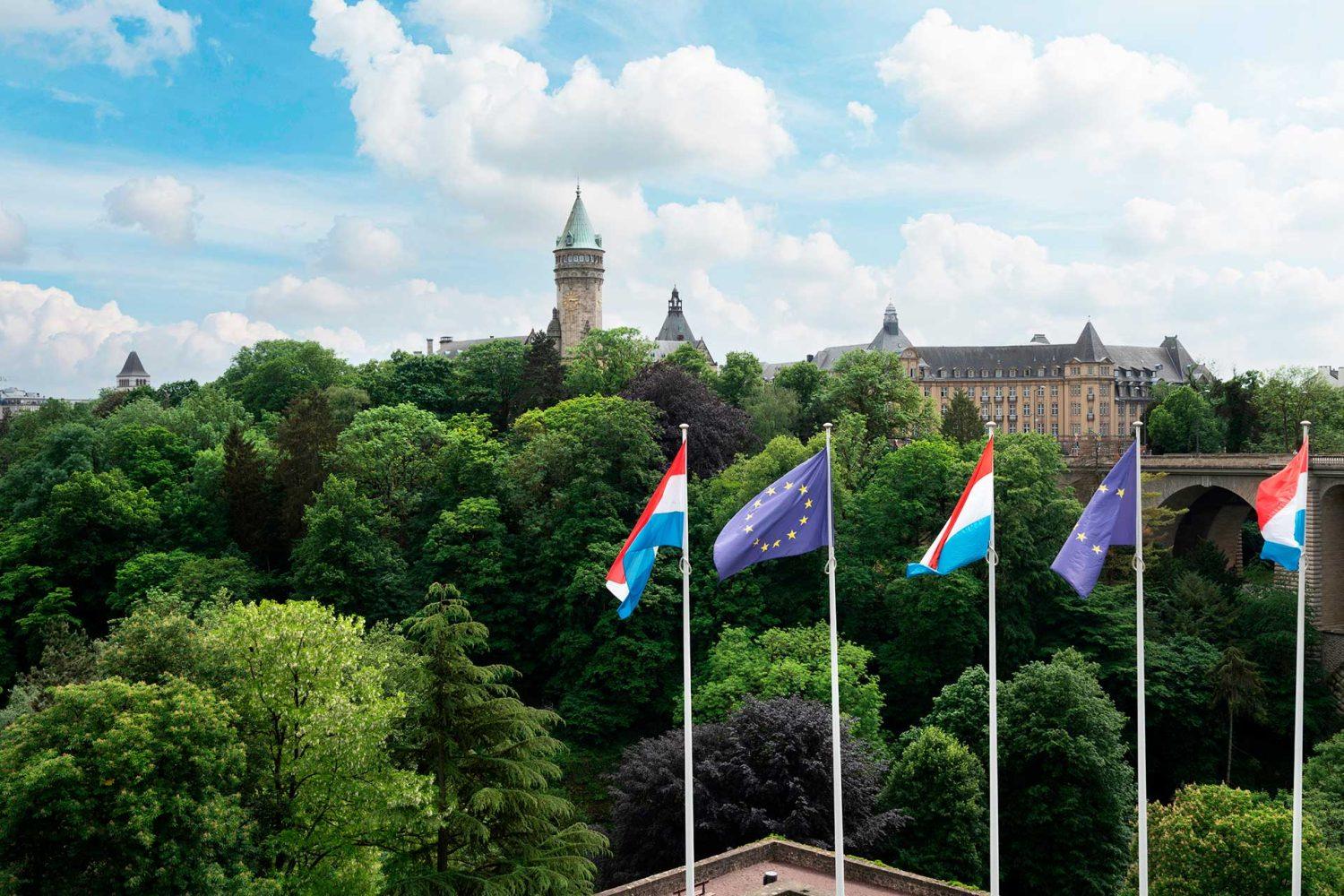

Moniruzzaman khan Eusufzai
Interested to apply Estonian permanent residency
Diana Weber
Hello! To apply for Estonian permanent residency, please, leave a request for a free consultation, and our experts will guide you through the process!